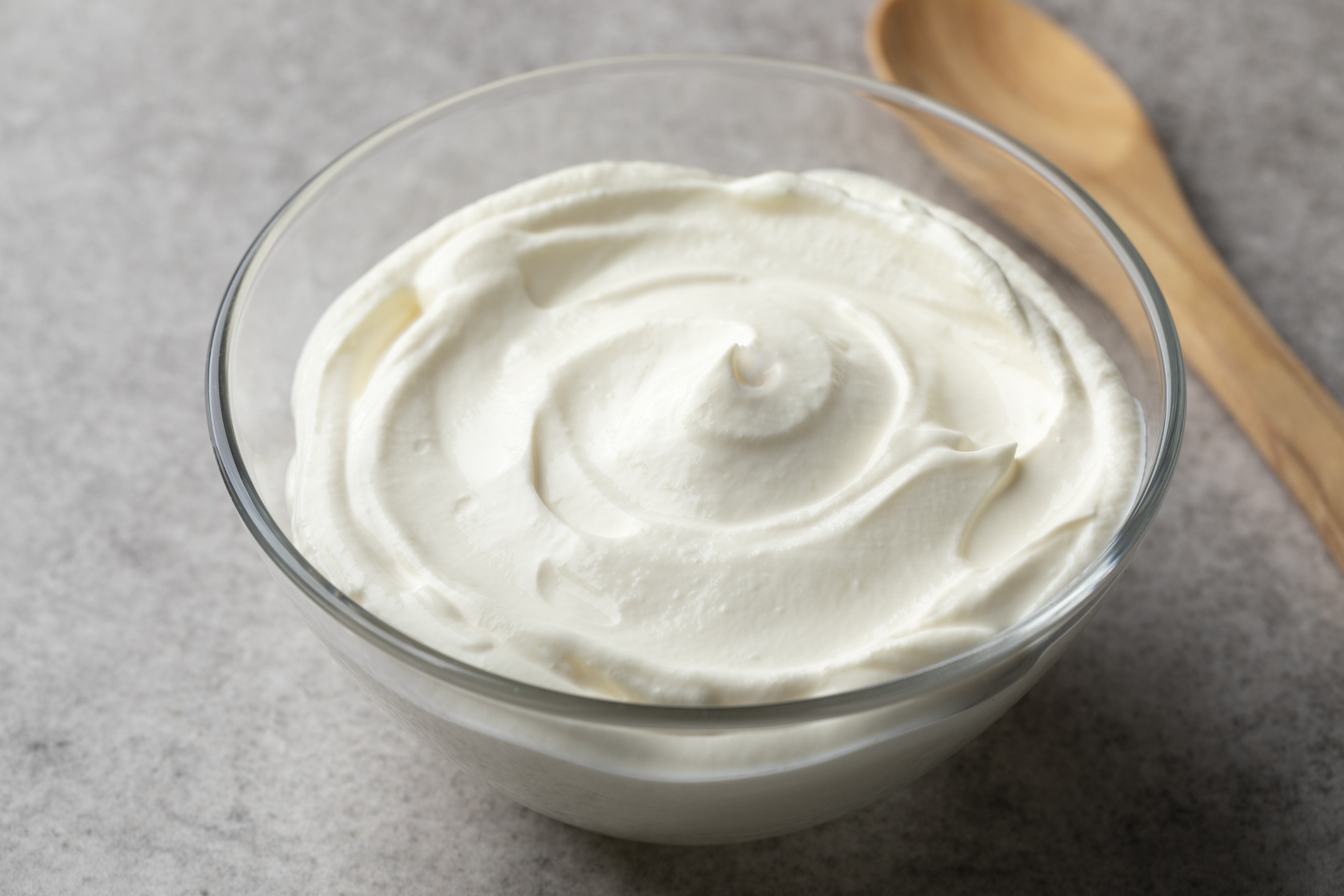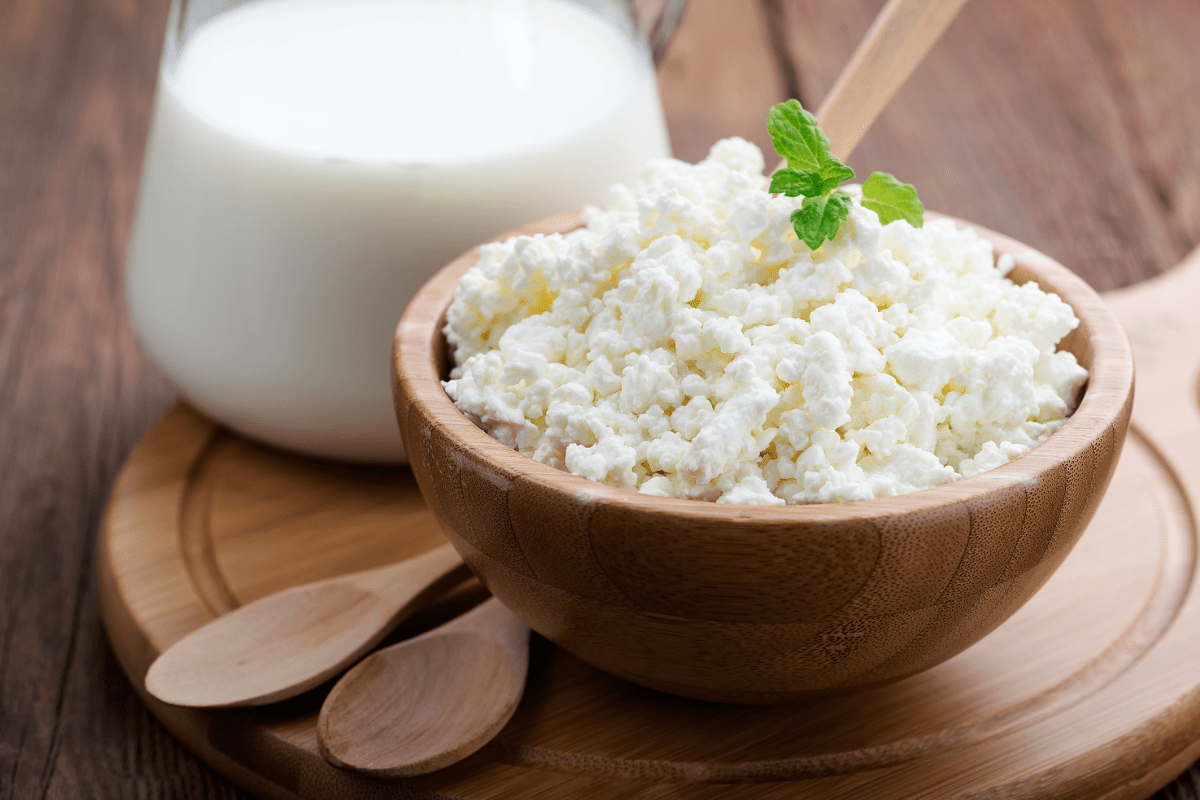There are many eating and lifestyle habits that experts recommend to “tame the flame” of inflammation in the body. The good news is that avoiding cow’s milk is not one of them! Here’s a closer look at what inflammation is, some common misconceptions about dairy’s role in inflammation, and why there truly is no reason to cut wholesome, nutritious milk, as well as cheese, yogurt, and other cow’s milk products out of your diet to combat this condition.
What is Inflammation?
Acute
As alarming as it may sound, inflammation isn’t always a bad thing. In fact, it’s a natural, protective response your body uses when an injury or infection has occurred. For example, when you cut yourself, the immune system signals for a release of cells that attack bacteria and begin to heal the wound. This is referred to as “acute” inflammation because it happens in response to a specific insult to the body and lasts for only a brief period of time.
Chronic
On the other hand, inflammation becomes problematic when it’s chronic and doesn’t ease up. The body’s immune response remains constantly activated, but it doesn’t have a specific sickness or injury to repair. Over time, the body’s organs and tissues can become damaged, possibly leading to a higher risk for arthritis, Alzheimer’s disease, heart disease, cancer, and diabetes.
Lifestyle habits that are tied to chronic inflammation include stress, poor eating habits, a sedentary lifestyle, obesity, smoking, and excessive alcohol consumption. The good news is that all of these habits can be controlled, calming the burn of inflammation.
Do Dairy Products Cause Inflammation?
Why do people think dairy products cause inflammation, anyway? One of the most common misconceptions about dairy products is that because certain varieties, like full-fat milk, yogurt, and cheese supply higher amounts of saturated fat, they cause inflammation. However, a number of research articles have not validated this claim.
The most current research, a review in the Journal of the American College of Nutrition, looked at 27 trials on the effect of milk, yogurt, and cheese on inflammatory markers and concluded that consuming dairy appears to have a neutral to beneficial effect on inflammatory markers. In fact, some of the studies evaluated show a reduction in at least one marker of inflammation associated with dairy intake. This means that not only will enjoying dairy products NOT ramp up the body’s inflammatory response, it may play a role at protecting against it.
The Power of Dairy Nutrients
While some people are swayed against dairy due to misinformation they see online or in the media, the truth is that they are missing out on a host of beneficial nutrients that support immune health and may ultimately keep inflammation at bay. Dairy products supply high-quality protein, riboflavin, zinc, and magnesium, plus vitamins A, B12, and D that are vital to the development of immune cells and the inflammatory immune response itself. Fermented dairy products like kefir are also being evaluated for their potential anti-inflammatory benefits, with a promising outlook.
Further, dairy products support bone health, especially in children and adolescents, and are linked to a reduced risk of certain chronic inflammatory diseases, such as heart disease and type 2 diabetes, when included as part of a healthy eating pattern.
Are Plant-Based Milk Alternatives a Better Choice?
While whole plant foods like grains, vegetables, nuts, seeds, and beans are connected to a lower risk of inflammation, replacing cow’s milk milk alternatives based on these plants doesn’t necessarily offer the same benefits. In addition to falling short of the key nutrients found in milk, they are often made with additives to mimic the desirable creamy texture of milk, as well as added sugars. Excessive added sugar intake is thought to trigger inflammation.
Unless you are unable to enjoy cow’s milk or other dairy-based products because of an allergy or lactose intolerance, choose those made with real milk and no or minimal added sugar (think yogurt) instead to get the biggest nutritional boost for your buck.
The Bottom Line? Don’t Dismiss Dairy
If you are concerned about inflammation and your health, there are many lifestyle changes that can be made to manage this condition without eliminating your favorite dairy foods from everyday meals and snacks. To get started:
- Eat a nutritious variety of foods every day
- Exercise regularly
- Quit smoking
- Drink alcohol in sensible way (if at all)
- Manage daily life stressors
Adopting these positive habits can also benefit your health in a variety of ways that go beyond managing inflammation.




